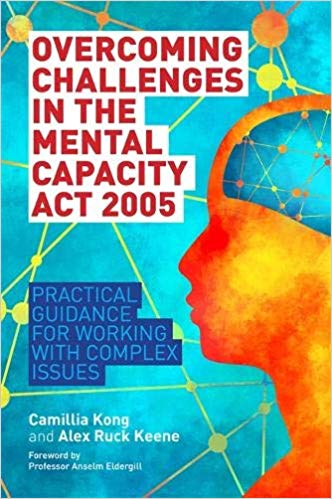
This book provides mental capacity practitioners with accessible ethical guidance and applicable tools for applying the Mental Capacity Act (MCA) 2005.
It shows how clients' relationships can impact their capacity in positive and negative ways, and which communication skills practitioners can use to enable and empower those with impairment. It also covers how to engage in self-reflection and transparent debate about values to improve the quality of assessments.
Helping practitioners interpret complex issues of mental capacity in the most beneficial way for clients, this book is essential reading for students and practitioners of law, medicine, mental health services and social care.